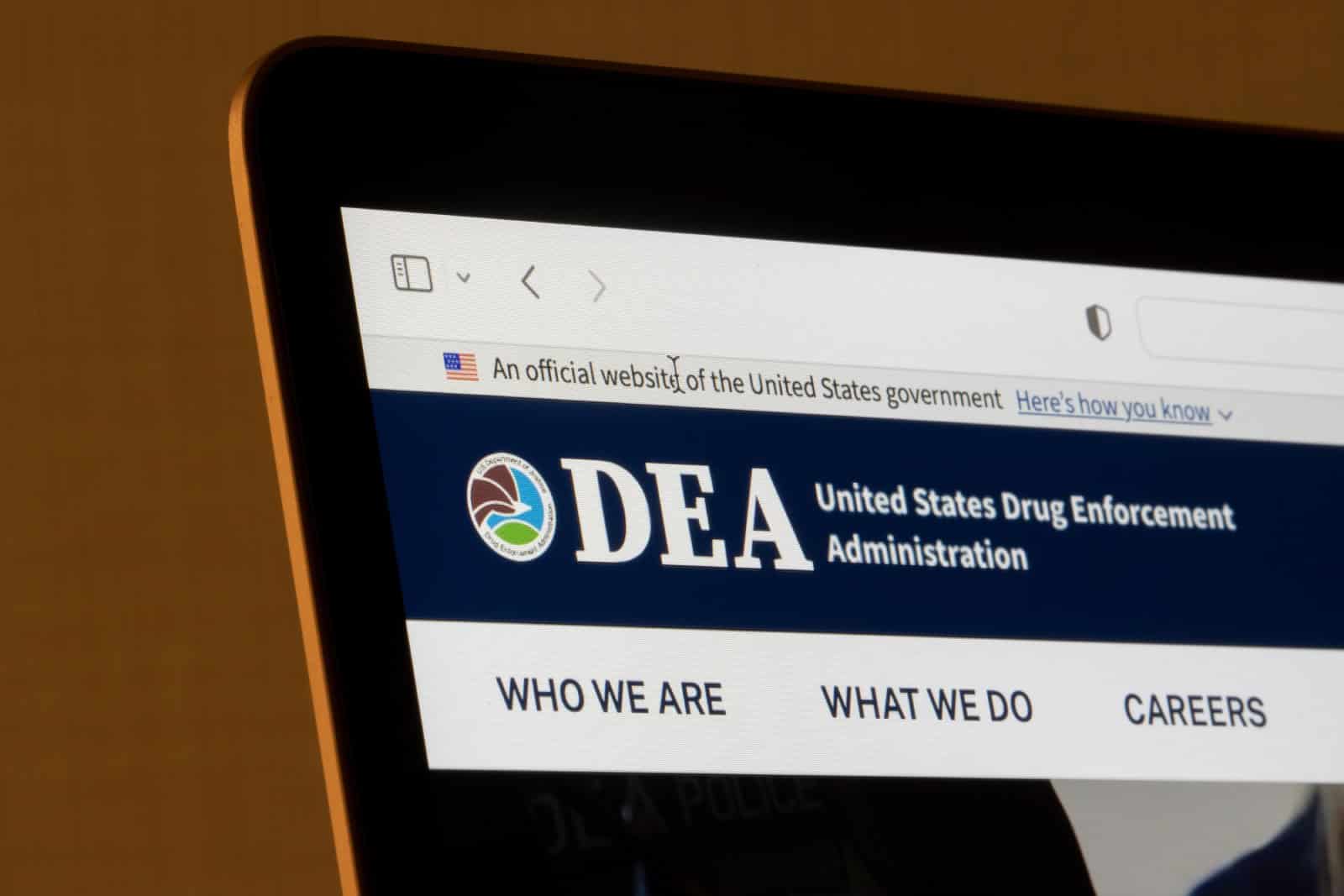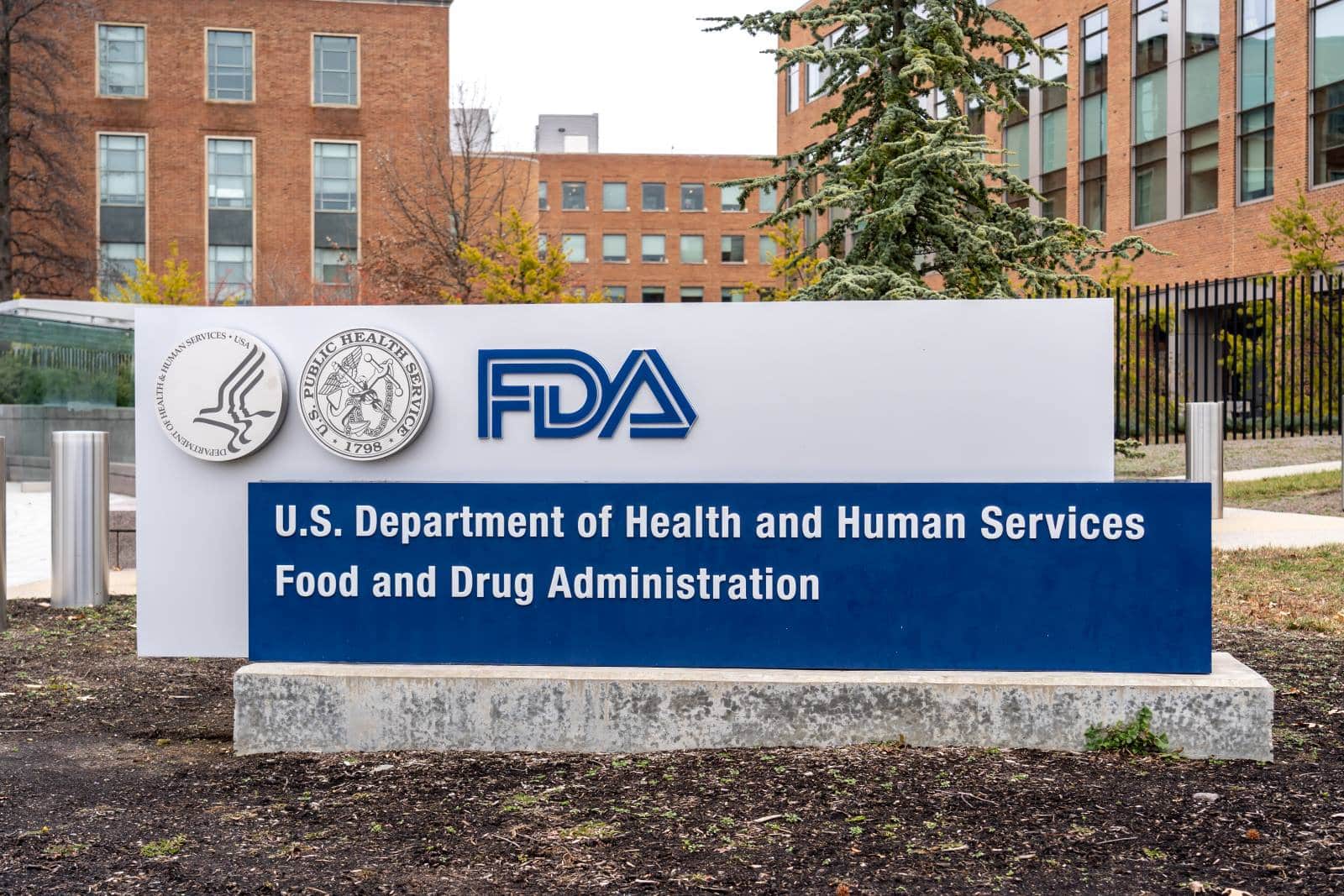America is facing an unprecedented pharmaceutical crisis, and it could affect the drugs you take on a daily basis.
Escalating Drug Shortages

Drug shortages in America have never been worse, according to data from the American Society of Health-System Pharmacists (ASHP) and a study by the University of Utah Drug Information Service.
A Longstanding Issue

Both of these organizations began tracking drug shortages in 2001, and they have seen levels reach record highs in the first quarter of 2024.
Record High Shortages

323 active drug shortages were recorded so far this year, beating 2014’s record of 320.
Pandemic Impact

While figures have varied in the years since, the pandemic has worsened existing shortages, which is partly why shortages are so dire at the moment – although that is not the only reason.
High Demand and Manufacturing Issues

On top of that, high demand for popular drugs – like the weight loss phenomenon Ozempic – and issues with manufacturing and staffing shortages at factories are causing things to progressively grow more out of control.
Straining Supply Chains

Local pharmacies around the country have been feeling the impact of these shortages as patients struggle to source the medications they have relied on for years.
Vulnerable Drug Classes

ASHP CEO Paul Abramowitz explained in a blog post that “All drug classes are vulnerable to shortages. Some of the most worrying shortages involve generic sterile injectable medications, including cancer chemotherapy drugs and emergency medications stored in hospital crash carts and procedural areas.”
Patients Face Medication Challenges

These include saline – which is used in IVs – as well as oxytocin, Rho(D) immune globulin, and pain and sedation medications.
ADHD Medication Challenges

Adding to that was the “Ongoing national shortages of therapies for attention-deficit/hyperactivity disorder,” which was posing a serious challenge for doctors and patients with ADHD, and a lack of central nervous system stimulants, antimicrobials, hormone agents, and intravenous fluids.
DEA Restrictions

According to Erin Fox, the Associate Chief Pharmacy Officer at the University of Utah, the shortage in ADHD medication and others is partly caused by the Drug Enforcement Administration (DEA), whose “main mission is to make sure that there’s not too much in the marketplace and that, you know, these important prescription medicines aren’t being potentially diverted and misused.”
Impact on Medication Supply and Distribution

The DEA’s restrictions on these medications – due to quota changes and a sweeping series of opioid legal settlements – have made efforts to increase supplies harder and made the medications scarce across the country.
Government Report Findings

The Department of Health and Human Services (HHS) published a report last week explaining that “Drug shortages are a decades-old problem arising, in part, from market forces that touch stakeholders across the drug supply chain – providers and pharmacies, manufacturers, and the middlemen in the system.”
Lingering Effects on Patients

According to government data, the average drug shortage lasts just under a year and a half, although some of the current shortages have been ongoing for over two years at this point – according to outside analysis.
Patient Impact

These shortages affect, on average, at least half a million patients – typically older people – and also affect pharmacists, hospitals, nursing homes, hospices, and others.
Collaborative Solutions

The government’s report recommended collaborating with the private sector to develop and implement a Manufacturer Resiliency Assessment Program (MRAP) and a Hospital Resilient Supply Program (HRSP).
Transparency and Market Support

They argue that these programs would bring transparency to the market, encourage buying practices that support a strong supply chain, and encourage investments in making medicine more resilient and varied.
The Need for Legislative Support

The report also attests that while the HHS has taken steps to improve the response to shortages, it will require “additional statutory authorities and funding to resolve underlying causes of shortages.”
Federal Level Action

The ASHP agrees with this claim, with Abramowitz stating that “Much work remains to be done at the federal level to fix the root causes of drug shortages” and they promised to continue pushing the government towards passing new legislation that would help solve the crisis.
ASHP Concerns

However, they did note they have “serious concerns” about parts of the HHS’ plans – notably, charging hospitals fines if they are unable to stockpile medicines or follow their other suggested steps.
Future Outlook

“It’s long past time to put an end to drug shortages,” wrote Abramowitz.
Biden’s New 401(k) Rule: Employers Frustrated as Retirement Planning Responsibilities Shift

The latest Biden administration rule on 401(k) plans is reshaping how employers manage retirement plans. It’s a complex scenario requiring a fresh understanding of fiduciary duties and provider relationships. This rule aims to protect employees but also imposes new responsibilities on employers. Biden’s New 401(k) Rule: Employers Frustrated as Retirement Planning Responsibilities Shift
Elon Musk: New Immigration Bill ‘Enables Illegals to Vote’

Elon Musk is calling for prosecutions after the text for a new senate bill on immigration was released. Musk accused the new bill of “enabling illegals to vote.” Elon Musk: New Immigration Bill ‘Enables Illegals to Vote’
Colorado Officials Reject Sanctuary City Status, Warn Against ‘Dangerous Game’

With increasing numbers of migrants arriving in Colorado, public officials have rejected any notion of the state becoming a sanctuary for migrants and asylum seekers. Colorado Officials Reject Sanctuary City Status, Warn Against ‘Dangerous Game’
Disney Challenges DeSantis’ “Don’t Say Gay” Rule With a Hefty Lawsuit

Disney is set to appeal its refusal for a lawsuit against Ron DeSantis, who stripped the company of its rights for disagreeing with the Governor’s views on the teaching of sexual orientation in classrooms. Disney Challenges DeSantis’ “Don’t Say Gay” Rule With a Hefty Lawsuit
Trump on the Attack as 21 Million Americans Flock to Obamacare, Biden Pushes Forward

An unprecedented surge in health plan enrollments has reignited former President Donald Trump’s commitment to dismantling the program should he secure the GOP nomination once again. Trump on the Attack as 21 Million Americans Flock to Obamacare, Biden Pushes Forward
The post – Drug Supply Crisis Resulting In Record Shortages – first appeared on From Frugal to Free.
Featured Image Credit: Shutterstock / BearFotos.
The content of this article is for informational purposes only and does not constitute or replace professional financial advice.
